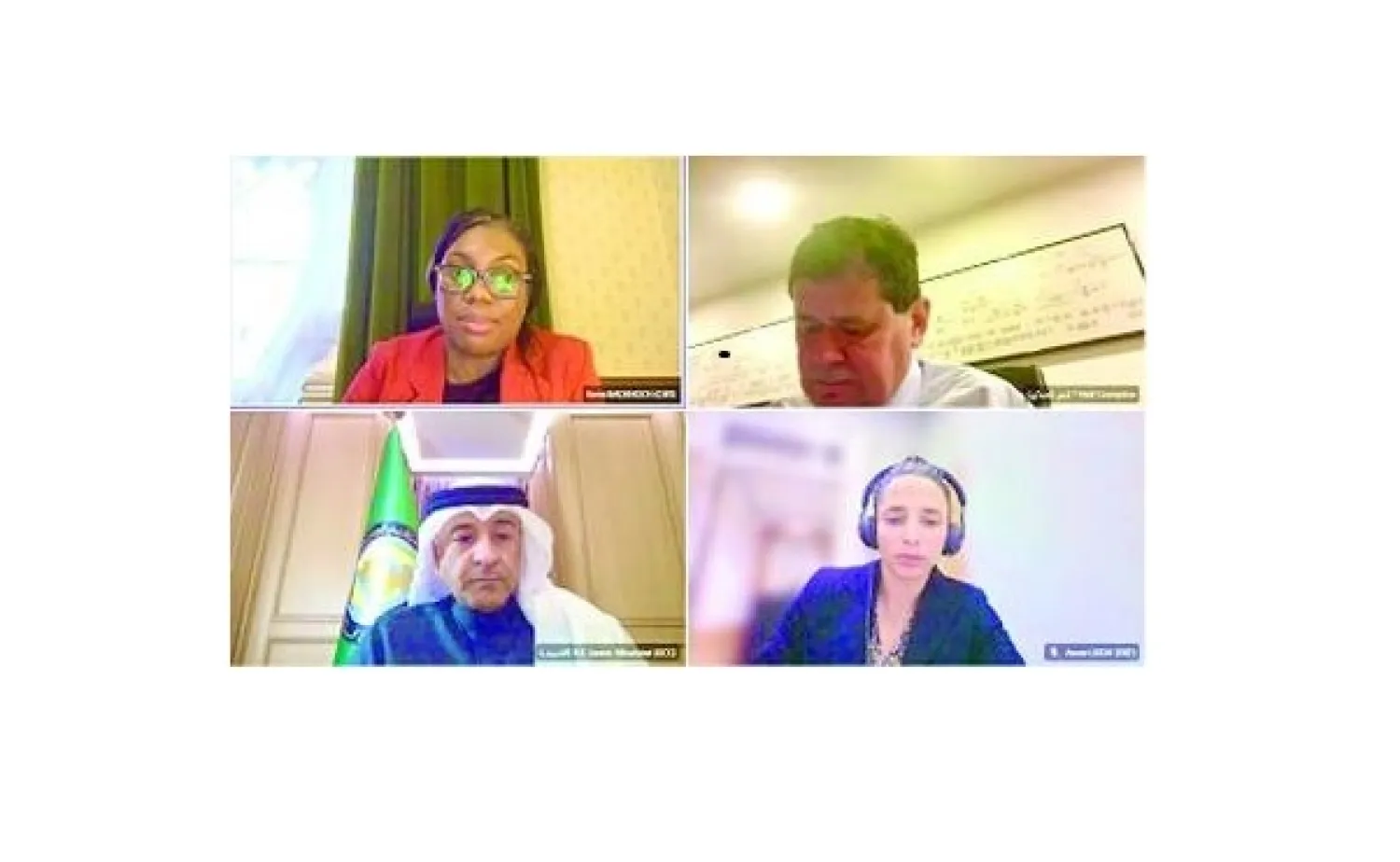Free Trade Agreement (FTA) negotiations between Gulf Cooperation Council (GCC) countries and the UK are set to resume in London at the end of this month, marking the sixth round of talks.
Considered crucial by GCC Secretary-General Jassem Al-Budaiwi, this round aims to remove all obstacles to finalize an FTA between the parties.
Al-Budaiwi discussed the negotiations’ progress with UK’s Minister of State for International Trade Anne-Marie Trevelyan, stating that teams are working to overcome challenges and reach a consensus.
The main focus areas requiring final agreement are commodity markets, investment, and financial services, according to recent information.
There have been five rounds of talks between the two sides to secure an FTA. The initial round took place when Trevelyan visited Riyadh on June 22, 2022.
Greg Hands, the UK’s Minister of State for Trade Policy, acknowledged the customary challenges in such negotiations, emphasizing the need for both sides to prioritize their interests and make concessions as they work on a total of 72 trade agreements.
Highlighting the advantages of the agreement, Hands said it’s expected to “boost the annual economic growth of GCC countries by over one billion pounds sterling.”
“Our yearly trade with GCC nations stands at 61 billion pounds sterling,” noted Hands.
The British minister stressed how crucial trade is for strengthening relationships with friends.
He highlighted the GCC as one of the UK’s major trading partners, affirming that the UK’s trade partnership with the Gulf goes beyond expectations.
These talks come more than a year after Britain left the EU. The British government sees the FTA as a big economic opportunity and a significant moment in the relationship between the UK and the GCC.
Recent data from the GCC Statistical Center reveals that trade between the UK and Gulf countries reached $39.6 billion by the end of 2022, up from $23.7 billion in 2021.
Free trade talks aim to lower tariffs and encourage mutual investment.
“The UK is a top six investor in the GCC with £31 billion invested in new projects over the last 20 years,” UK Chief Negotiator for the UK-GCC FTA Tom Wintle told Asharq Al-Awsat in August.
An FTA would offer British investors increased access to the Gulf market, supporting innovation and digital trade by fostering opportunities in emerging tech areas like artificial intelligence and cybersecurity.









